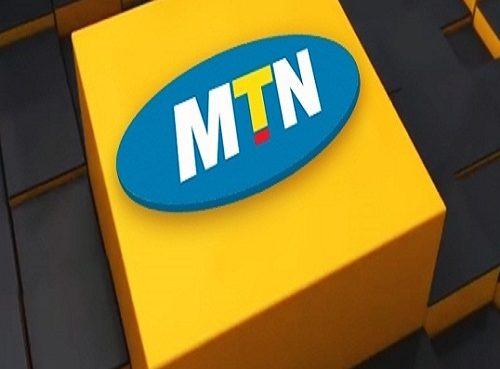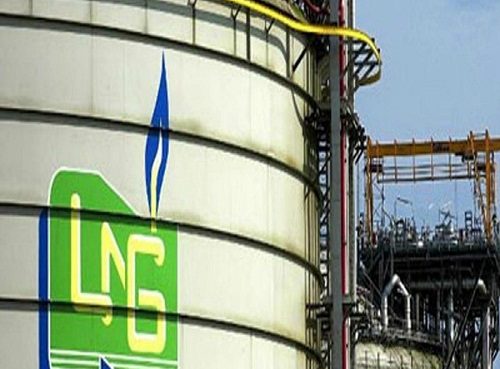Fresh hurdles await operators bidding for the Fifth Generation (5G) network licenses in Nigeria as the Federal Government has mandated a 10-year coverage nationwide, with a minimum download speed of 100 Mbps.
According to the roll-out obligation for 5G as contained in the Information Memorandum (IM), in the first two years, starting from the effective date of the license, operators are expected to roll out service in at least one state in each geo-political zone (South West, South-South, South East, North Central including Federal Capital Territory), North West and North East zones.
The Director of Spectrum Administration, Nigerian Communications Commission (NCC). Oluwatoyin Asaju, who disclosed these obligations in Lagos at the Stakeholders Consultative Forum on the Draft IM for the 3.5GHz Spectrum Auction, said within the third and fifth year, licensees would need to add six states other than those in the first and second year, across the six geo-political zones.
From the sixth to the 10th year, Asaju said: “Operators are encouraged to roll out across all other States. Service roll-out in each state would mean a minimum of five sites in a state.
“Minimum Download speed of 100 Mbps is to be achieved by the operators and shall be measured using applicable measurement tools. A Risk Management Framework for 5G shall be developed in due course.” Invariably, the license confers on the operators to ensure full 5G coverage.
MEANWHILE, the NCC has officially declared that the auction of the 3.5GHz spectrum for the deployment of 5G would take place on December 13, 2021.
The IM presented by the commission showed that NCC is adopting Ascending Clock Auction format, which is software-based, while a mock auction has been slated for December 10, 2021, as a precursor to the actual auction on December 13, 2021.
The IM also stated that only licensees who make a down payment of 10 per cent of the reserved bid price and with 100 per cent regulatory compliance would be allowed to participate in the auction while licensees with outstanding debts that have secured NCC’s approval for a payment plan would be allowed to participate in the auction.
According to the IM, the auction comes with a 10-year spectrum license and a minimum requirement of an operational Universal Access Service License (UASL). However, new entrants or licensees without a UASL will be required to obtain a UASL operational license to be qualified for the 5G license.
Speaking at the forum, Minister of Communications and Digital Economy, Prof. Isa Pantami, said the ministry had been working closely with the commission to ensure that necessary spectrum resources needed for the deployment of 5G network in Nigeria to accelerate the nation’s digital economy space are made available.
Represented by a director in the ministry, who is concurrently the Secretary, National Frequency Management Council (NFMC), Abubakar Ladan, the Minister said the 3.5GHz is the most popular spectrum band used globally by regulators and operators for the deployment of 5G technology, and it seems the only band available in Nigeria for immediate use of operators.
According to him, “Nigeria has an estimated population of 214 million, with an average growth rate of 2.6 per cent yearly. Approximately 76.46 per cent of the population is under the age of 35. In line with these demographic changes, Internet penetration grew from three per cent in 2004 to 73.82 per cent as of September 2021, and broadband penetration increased from less than 10 per cent in 2015 to 40.01 per cent in September 2021.”
At the 5G forum organised by eBusinessLife magazine in Lagos, the NCC, however, advised Nigerians not to be in a hurry to buy 5G- compliant phones yet.
Director, Technical Standards at the NCC, Bako Wakil, who represented Danbatta, said customers, who rush to buy 5G-compliant phones now may not get better and cheaper handsets until when the 5G network is rolled out and put into service in Nigeria.
Danbatta said that the new technology was meant to deliver higher multi-GDPs peak data speed at ultra-low latency, more reliable and massive network capability.
He said that consumers should expect higher performance and improved efficiency in user experience and connection to new industries.
Source: Guardian










